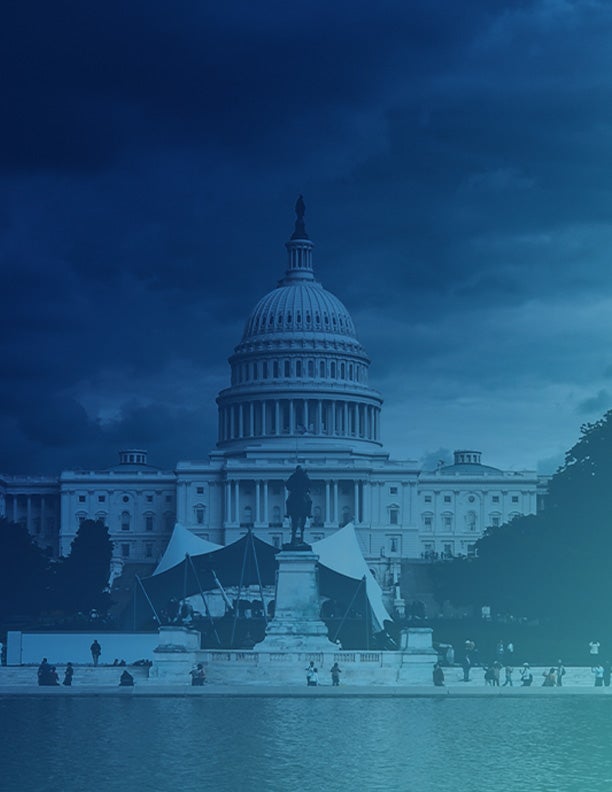Co-Chairs Wessel and Helberg, distinguished Commissioners and staff, thank you for the opportunity to testify on China’s current and emerging technologies and their implications for U.S.-China Economic and National Security Competition. It is an honor to be here alongside esteemed experts on this panel. My testimony reviews China’s domestic and international efforts to ramp up the development of artificial development (AI), focusing on investment trends and key institutions driving the country’s commercial development of the technology. It also assesses China’s current AI governance and internal and external factors impacting the country’s AI growth, including the Biden administration’s 2023 executive order restricting U.S. private equity and venture capital investments in China’s technologies. Finally, it concludes with recommendations based on the economic and national security implications these factors hold for the United States. These recommendations include:
- U.S. policymakers need accurate, evidence-based assessments of China’s technological power.
- To restrict U.S. capital and intangible benefits from aiding the development of China’s AI used for military purposes, the United States should carefully scope the outbound investment program spearheaded by the Department of Treasury.
- The United States should coordinate with its allies and partners to track the flow of venture capital and private equity investments into Chinese AI companies.
